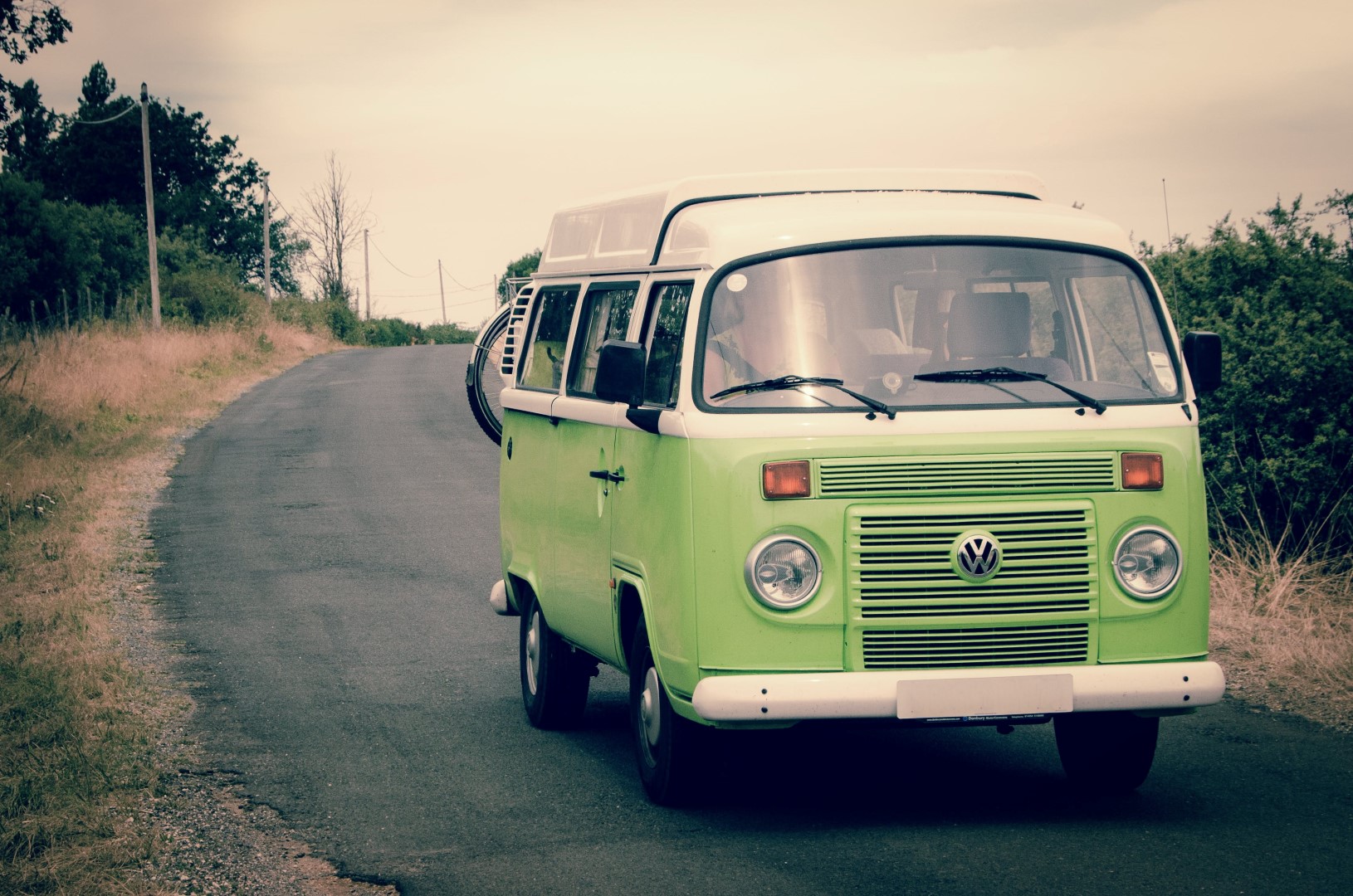We live in a time of abundance. Items that were once a luxury are commonplace today. For example, most people in the developed world own a car, a computer and a smartphone these days. Cars have become a particular form of luxury one revels in – the comfy ‘shuttle’ that can take you through captivating landscapes and to most wondrous sites. It is more than a machine – it is a gateway to the ultimate escape. If you are yearning for one such escape, here are some useful tips on how to prepare for a road trip.
Bring an emergency kit along for the ride

Highways can stretch for eternity, and while there is a sense of allure to chasing the horizon, it is also a dreadful place for a car breakdown. You’ll have to wait on the side of the highway for a tow truck and/or a mechanic, but if you’ve brought along your own emergency kit, there’s a chance you can fix the problem yourself and get on your merry way. Emergency kits that contain certain amenities can make a difference between a successful road trip and a defeated return home. The kit should contain a bundle of smaller tools, oil, a few rags, maybe a few spark plugs and a flashlight. If you’ve tinkered with your car before, this should be enough to pull you through.
Do a test drive before taking it to the shop

Do you hit the road every day with typical routes that take you at least one hour per drive? If not, and it is predominantly so, it can be a good idea to first take your vehicle for a test drive before you hit the shop. Why hit the shop if everything turns out fine, you may ask. Well, every miniscule moving part, from every twirling wire around the ignition coil to all-rotating crow cams, the entire car mechanism needs to work like clockwork if you are to embark on a long trip. This is why, if you’re planning for a trip that will take you longer than four days or at least a week, you should always visit your designated car mechanic who can do a thorough checkup of every moving part and give you a confident green light for the trip. This checkup should also include a tire inspection.
A fluid inspection before you hit the road

Of course, your car mechanic doesn’t have to do everything for you. As a matter of fact, you can do a thorough fluid inspection yourself. See to it that you have checked every canister and made sure that all levels are green. Antifreeze, brake fluid, transmission fluid, power steering fluid – these are all crucial chemical factors that have to be topped off in order to contribute to a well-oiled ride (pun intended). If you are going on a longer trip, you should also probably consider purchasing some extra high-grade fluids and bringing a few packs along for the ride. You never know.
Keep the load reasonable

You might want to pack half of your wardrobe into the trunk of the car with some additional luggage and equipment in the back seat (if you are traveling solo or with a partner). However, you should curb your need to drag half the household along with you and pack a reasonably sized load – and then take out some more. If your vehicle is overloaded, there is a bigger chance it will overburn, break or wear out the tires. Furthermore, in the case of emergencies that require tow-trucking in the middle of nowhere, an overloaded car can become its own nightmare to manage.
If you have enough time and money on your hands to embark on a road trip, you should definitely pamper yourself with small but meaningful luxuries. Amenities and comforts can make a world of difference, but before you begin concentrating on the hedonistic aspects of the quality of life on your road trip, you should make sure that your car is prepared for a big feat. After all, a car is an irreplaceable cornerstone of the arrangement, so you’ll have to go out of your way to appease its needs before your own if anything is to transpire.


